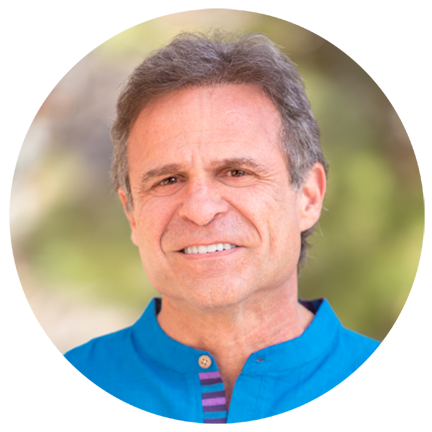How Meditation Helps Us Move Beyond Addiction. By now, most of us well know that meditation can promote positive brain change. But did you know that it also holds huge advantages for addiction recovery? Among its bountiful benefits, mindfulness holds the key to reversing substance dependency, trauma, anxiety, and depression. Here, we examine how.
Proven Benefits of Meditation
Relaxing into a state of conscious awareness naturally helps alleviate feelings of fear, isolation, and anxiety: the emotional causes of addiction.
We spend the majority of our day operating within our default mode network (DMN), the part of our brain that gets ensnared by our experiences. When we’re self-judging and worrying about the future, our posterior cingulate cortex (PCC) is activated. Studies show that both the DMN and PCC are deactivated in experienced meditators. Cravings and attachment take place in these parts of the brain, which explains why meditation is so important to overcoming addiction.
Addiction is a Negative Feedback Loop, and Mindfulness Helps us Detach
Addictions are largely the product of falsely held negative beliefs about ourselves, and the act of searching for external solutions to the turmoil of our inner state. Our “wanting mind” easily ruminates on feelings like anger and depression.
We’re wired to want to repeat pleasurable behaviors and avoid unpleasant ones. Psychiatrist and author Dr. Judson Brewer describes this pattern of reinforcement as “one of the most evolutionarily preserved activities,” and it’s responsible for the way addictions form. In Buddhism, this never-ending cycle of attachment is referred to as samsara, or endless wandering. Mindfulness gives us the opportunity to see things for what they are without accepting them into our personal narrative, allowing us to detach ourselves from the suffering of samsara.
Sinking Into Consciousness and Emerging Into a State of Flow
Mindfulness practice involves bringing about our attention with openness and curiosity. By driving a wedge between our experiences and reactions, it allows us to see cravings for what they are without following them with addictive behaviors.
Neuroscience and meditation expert Dr. Joe Dispenza points out that the stress and negativity that drive addiction live in our higher realms of brain function. Meditation, by contrast, grants us access to deeper levels of consciousness, where we can experience a relaxed state and begin to change our conditioned beliefs right where they’re forming.
“It’s through our meditation practice that we can enter the subconscious and change our unwanted programs. Think of the subconscious as the brain’s operating system. By dropping into the operating system of the brain, we can alter habits, behaviors, and remove emotional scars,” says Dispenza.
Starting a Meditation Practice and Working Through Your Addiction
Recovery is such a beautiful process because it allows us to grasp the importance of cultivating practices like mindfulness meditation in our lives. Just this one, small change can have an incredibly positive ripple effect on ourselves and those around us.
Letting go of control and self-involvement allows us to reach flow: a mental state in which we’re fully immersed in the present, and effortlessly successful as a result. It’s in this transcendental space that we can finally receive the spontaneous healings that the universe has to offer.
Your soul has a message for you – but you must quiet your mind in order to listen.
Mindfulness, like any skill, can be learned. If you’ve struggled with meditation in the past, don’t be discouraged – with some guidance and practice, you’ll be well on your way to blissful awareness. The Sanctuary integrates mindfulness teachings into a multimodal program designed to help you make significant changes in the time you are here and beyond.
Embracing Your Bliss
Our own Kelley Alexander will be speaking at Embracing Bliss 2019 along with Dr. Joe Dispenza and other inspiring healers at the Sedona Performing Arts Center on June 6-9 – please visit the event page for more information.
To learn more about how we can help you move beyond addiction and be recovered, call us at (877) 710-3385 or email us at [email protected] today.

He is the Founder, Administrator, Counselor at the Sanctuary at Sedona.
He has a BA in Political Science and is currently Senior teaching staff at Four Winds Society, an international school of energy medicine. His credentials also include being an Ordained Minister; a Certified Shamanic Breathwork® Facilitator; a Founding Member Society for Shamanic Practitioners; a Member of Association for Comprehensive Energy Psychology; a Member of the National Institute for Holistic Addiction Studies. [email protected]

